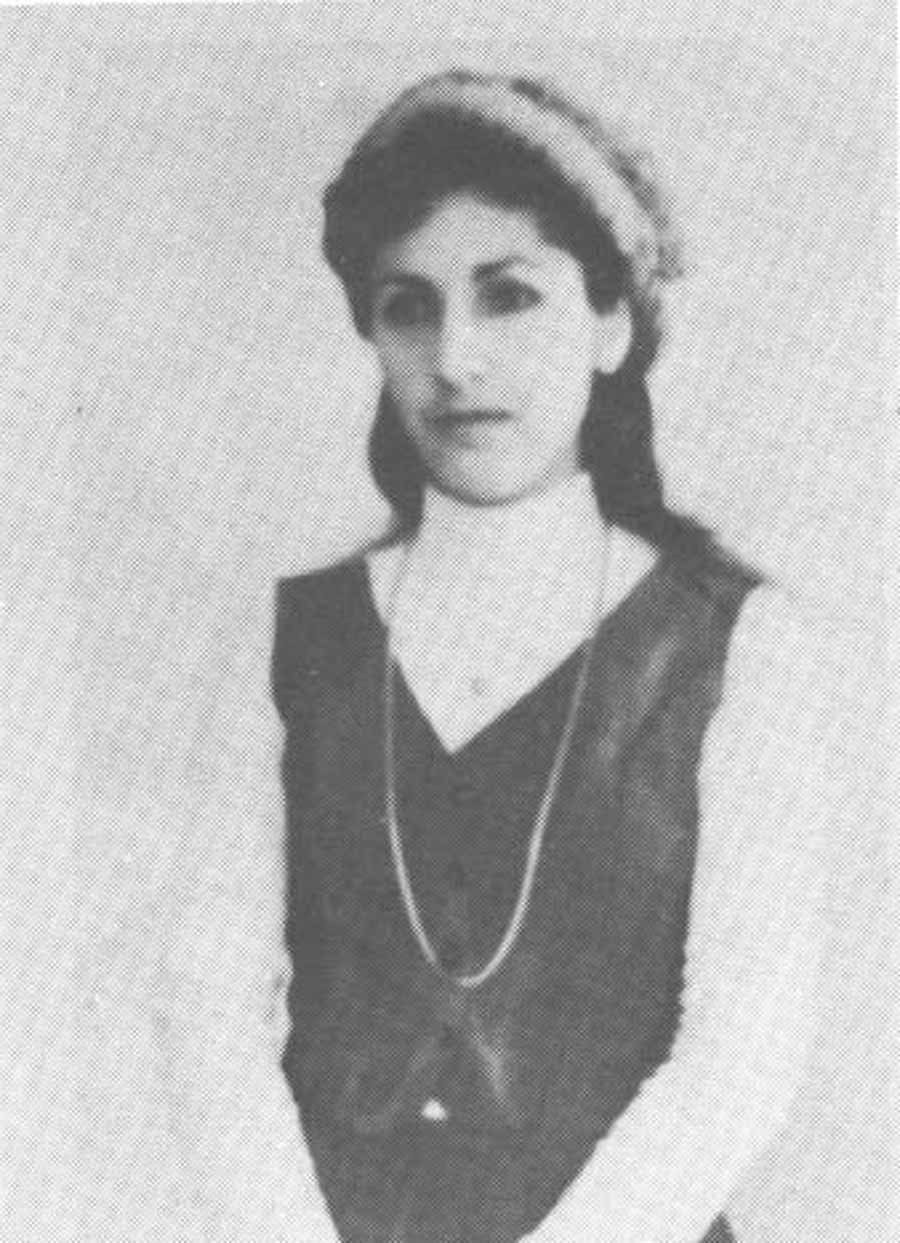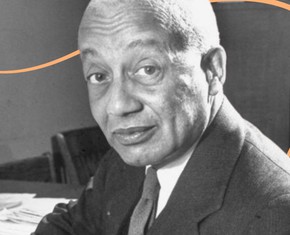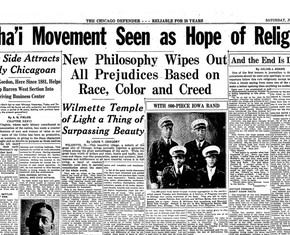The views expressed in our content reflect individual perspectives and do not represent the authoritative views of the Baha'i Faith.
Today, I’d like you to meet a poet, a woman whose voice the noose couldn’t silence.
So far we’ve met five of the ten women who opted for execution over denial of their beliefs. They each pondered, reflected, and made the choice to allow their life-blood to be spilled on the dust of ignorant prejudice and unfounded fear. Today, we meet one more.
Prior to her imprisonment, Zarrin Muqimi, age 28, made regular visits to the Baha’is who had been jailed in Adelabad prison. On returning home, she would write of the spiritual strength and courage of the prisoners in terms that proved prophetic of her own experience, which would happen just one year later:
I have come tonight from Adelabad. What can I write and how can I pen a description of that place? In what tongue can I portray the sort of world it is? Which words and what story can contain what I beheld with my humble, earthly eyes? I blink … to see whether I have experienced a vision or been fully awake. Is it a sweet dream or bitter reality? – Zarrin Muqimi, quoted in Ann Boyles’ When the Moment Comes, p. 15.
I have come tonight from Adelabad. There is the abode of detached lovers and moths burnt in the flame of the love of God. There, amidst high and heavy walls, souls mightier than these walls are chained up. There each and every stone cries out in wonder and amazement. In amazement at the heroic braves of the kingdom. In amazement at the self-sacrifice of the lovers of the Adored One, the heroes who will create confusion in the ranks of the ungodly and awaken the world. – Ibid., p. 17.
I have returned tonight from Adelabad. From the … site which, while the most detested and remotest of places, is the holiest spot in this region. I would have liked to ask the walls, “What have you beheld? Recount it to me. Tell me about the whisperings of love, about the melodies of generosity, about a lover’s heartbeat as he walks towards the square! Tell me what they uttered when hurrying to the place of sacrifice! Tell me about the melodious murmurs or prayers that can be heard from between the iron bars at the hour of dawn, and the teardrops that slowly fall upon the cheeks! – Ibid., p. 20.

Zarrin Muqimi
From her love of reciting poetry as a young child, to being an honor student in high school and then graduating from the University of Tihran with a degree in English literature, Zarrin’s love of language and excellent writing skills were not sufficient, in the eyes of the authorities, to overcome her being a member of the Baha’i Faith. The village of Abyanih wished to hire Zarrin as a school teacher, but the authorities would not permit it because she was a Baha’i. She got a job instead as a translator and accountant for a petrochemical company, but was fired following the Islamic Revolution—again due to her Faith.
During her trial, Zarrin cried out, “How can I make you understand that my being exists solely for Baha’u’llah, the object of my hope and love is Baha’u’llah, and my heart is also of Baha’u’llah?” Then retorted the judge, “I will tear your heart out of your breast.” “Even then,” she insisted, “that heart will cry out “Baha’u’llah! Baha’u’llah! Baha’u’llah!”
At a subsequent court interview, she said, ” Do you think that I can deny the truth? I told you the first day I would not recant. If you try me for months and years, my response will be the same.”
A poet also gifted with a ringing, melodious voice, Zarrin’s talent did not go unnoticed or unremarked. One of her interrogators said that rather than having a degree in language she ought to have been awarded one in public speaking.
Her deep knowledge of her faith, combined with her eloquent delivery, confounded her interrogators to the point where they isolated her rather than conduct her interrogations along with others, which was a common tactic. Frustrated that they could not dissuade her, they uttered slanderous comments about her religion. “Whether you accept or not,” she insisted, “I am a Baha’i. You cannot take it away from me. I am a Baha’i with my whole being and my whole heart.” Zarrin exemplified the steadfastness and patience Baha’u’llah called “the sign of love:”
For everything there is a sign. The sign of love is fortitude under My decree and patience under My trials. – Baha’u’llah, The Hidden Words, p. 15.
















Comments
Sign in or create an account
Continue with Googleor